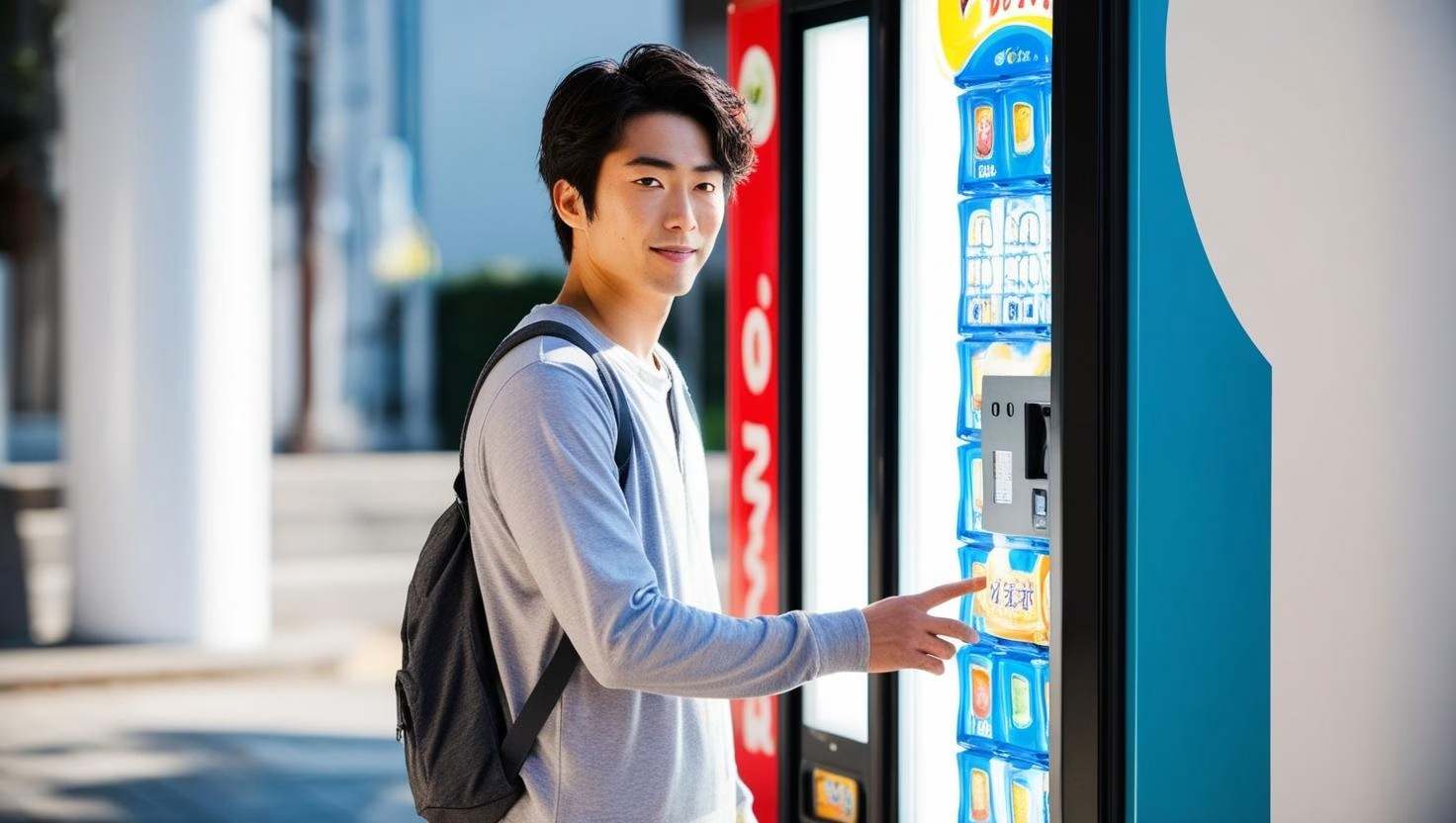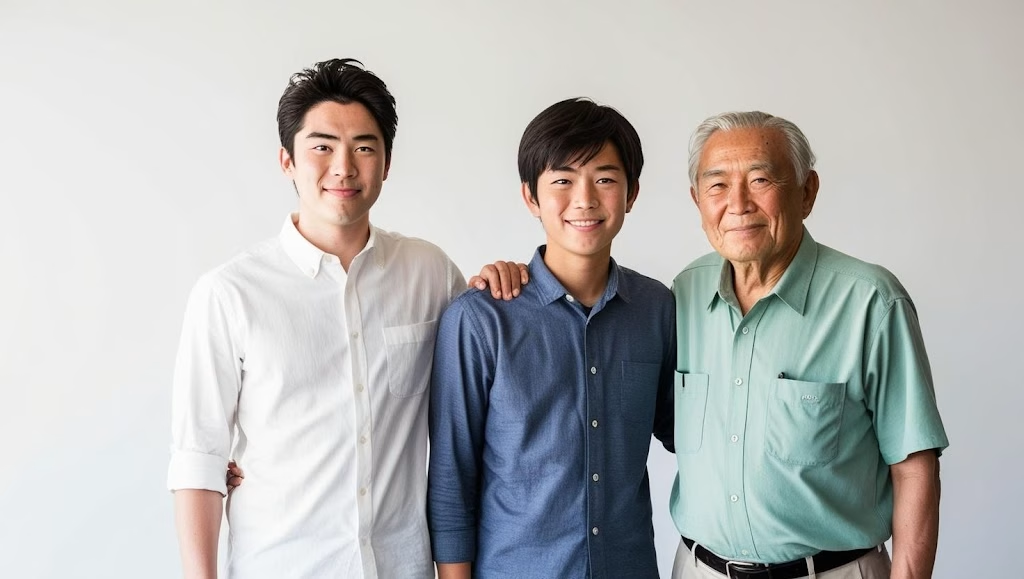In recent years, social media platforms have undergone significant changes in an effort to create a more positive and healthy online environment. One of the most notable changes is the disappearance of the likes tab.
Missing social media likes tab X
Recently, social media X started hiding the like tab for privacy reasons. Currently, the like tab can only be seen by the account owner and cannot be seen by other users as before. This certainly raises a discussion among netizens on X.
When the Likes tab disappeared from the X platform, many users felt a significant impact. The loss of this feature caused some problems for users who were used to bookmarking and saving interesting content.
One obvious impact is the difficulty of remembering content that you want to revisit in the future. Users who don’t have notes or alternative storage may find themselves frustrated when trying to find a tweet they once liked. This indirectly impacts user engagement, as many begin to feel less connected to the content that they consider important.
It is possible that this decision is part of an overall platform improvement strategy. Some users feel that the likes tab is no longer relevant in the context of how information is processed in the fast and changing digital age. By removing a feature that is considered less effective, the platform management has the opportunity to introduce new innovations that are more in line with the needs of today's users.
However, the reason behind the removal of the likes tab has not always been welcomed by everyone. Many users felt that the decision was sudden and lacked transparency. They hope that the platform management will provide a clearer explanation of the reasons and goals behind this change. Engagement on social media is all about building a community, and listening to users is an important step in maintaining good relationships.
The disappearance of the like tab on X makes it easier for users to like other users' posts on X. However, there are also users who usually look at the like tab on other users' profiles. How do Japanese people, especially Generation Z, respond to the disappearance of the like tab on X?

Japanese people's reactions to the phenomenon
Circle Up, a rapid research service specializing in Generation Z, operated by RECCOO Co., Ltd., surveyed Generation Z's reactions to the closure of the Like tab on X in June 2024. The number of respondents was 200 people who were Generation Z and over the age of 20. The results showed that 37% of Generation Z respondents in Japan opposed the closure of the Like tab.
About 60% of Gen Z respondents said they have seen other users' like tabs before they close them. As many as 59% of respondents feel that they can understand the personality of the user by looking at the like tab. Other reasons are to find out the popularity of the user, find mutual friends, check if the account is just browsing without posting, and gather information if they have the same hobbies.
The study revealed that Generation Z in Japan not only collects information about the user's personality through the like tab, but also about the user's current situation and general hobbies. Generation Z responded that they would collect information using posts, profiles, icons, and so on when checking the personality of other X users in the future.
Conclusion
Apparently Generation Z in Japan also has its own response regarding the disappearance of the like tab on social media X. It was revealed that the like tab was used by Generation Z in Japan to find out the personalities of other users. In the future, Generation Z in Japan will check the personalities of other X users through posts, profiles, icons, and so on.
In the near future, we can expect to see new features designed to improve the user experience within the platform. This shows that while changes may not always be well received, every step is taken with the aim of creating a better environment for all users. We all hope that these changes will have a positive impact and strengthen the sense of togetherness within the increasingly dynamic social media community.

















Wow, it's not much different from here, huh?